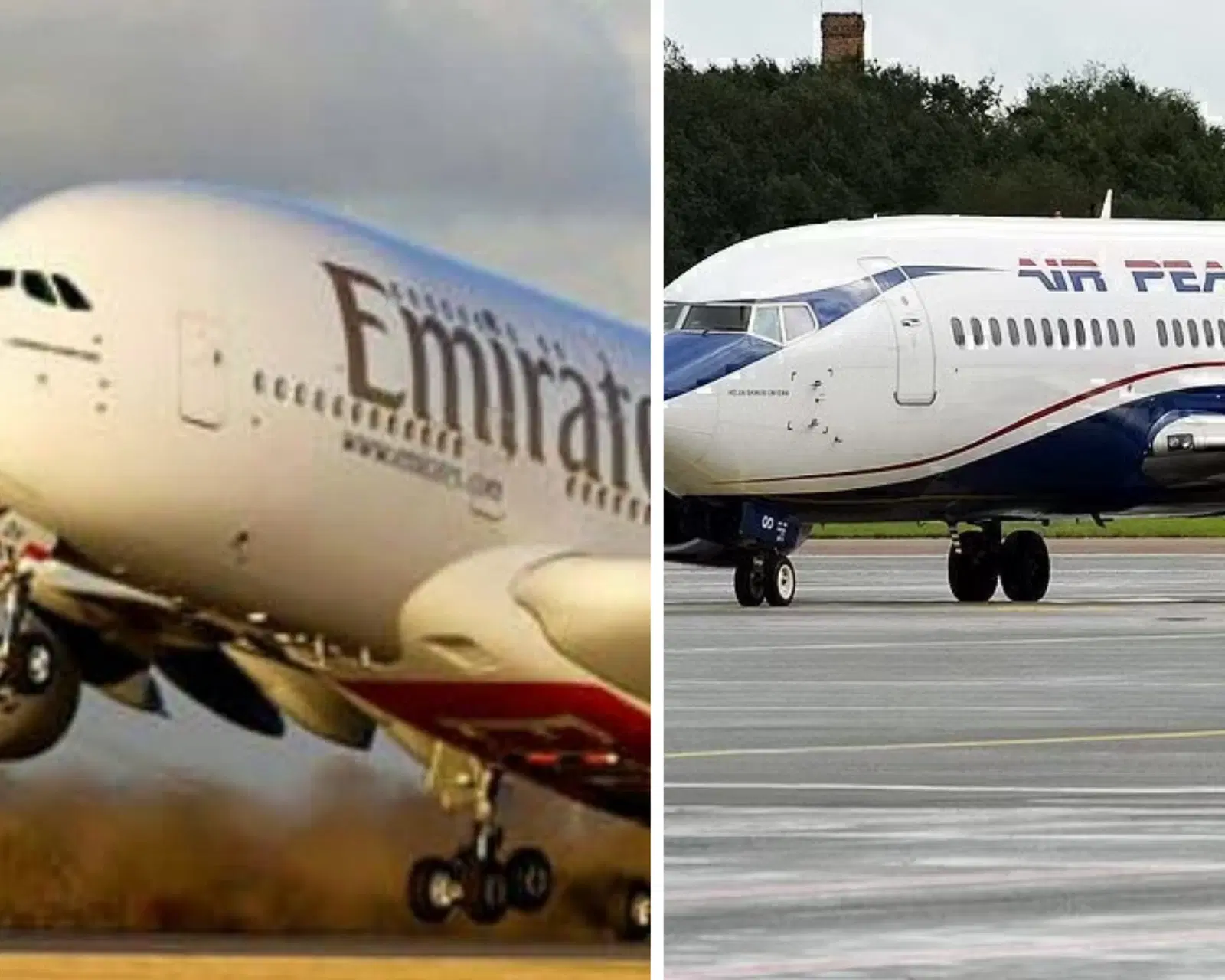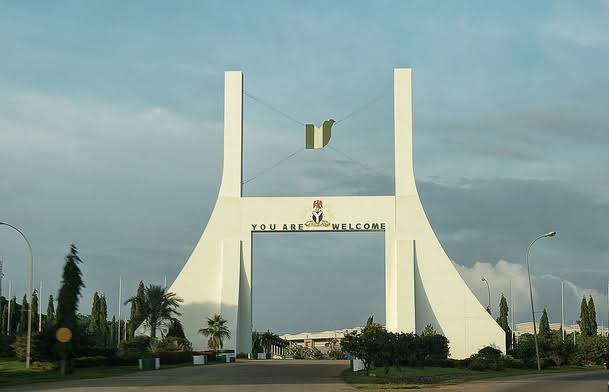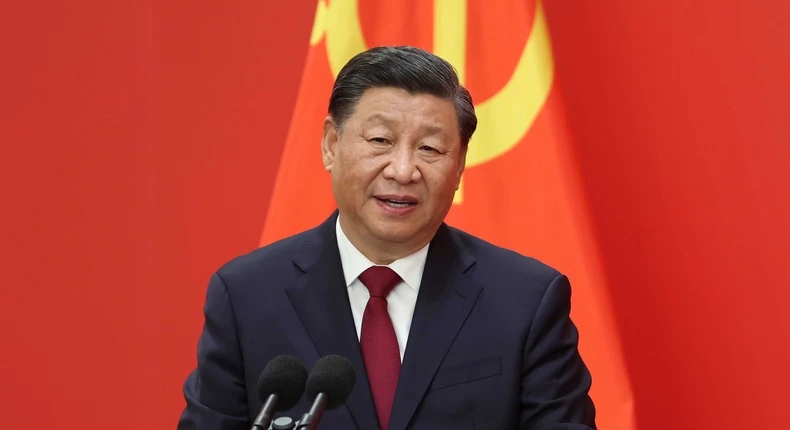Kazeem Owoseni
As the World Micro, Small and Medium Sized Enterprises Day is being marked all over the world on Tuesday, the 2023 Presidential candidate of the Labour Party, Peter Obi, had called on the Government of all levels in Nigeria, to fund MSMEs in the country, to boost the economy of Nigeria.
Obi who made this disclosure through a lengthy post on his Twitter handle, to explain why this cadre of business enterprise needs to be focused on, restated that he had always emphasized that supporting small businesses remains the surest way of pulling people out of poverty.
According to him, encouraging the youths on the need to engage in small-scale businesses will also create abundant jobs that will productively engage the youths, thereby reducing crimes, insecurity and drug addiction in society.
Obi itemized low formal educational and technical competence of SME owners, access to business funding, lack of power supply, infrastructure deficit, inflation, scarcity of foreign exchange and regulatory bottlenecks as the problems mitigating the growth and development of MSMEs in Nigeria, urged the government to tackle all the problems to make the cadre of business look attractive to the youths to engage in, noting that countries like China, India, Indonesia, Vietnam and others also grew their economies through MSME’S, which contribute to their GDP and employment respectively.
His statement reads:
Today, we mark the Micro, Small and Medium Sized Enterprises Day – during which we must remind of ourselves the priceless roles MSMEs play in catalysing economic growth and development in the country.
“Studies show that Nigeria is home to about 40 million MSMEs, comprising 90% of all businesses in Nigeria. 70% of these businesses are youth-owned. MSMEs contribute over 50% to the country’s gross domestic product (GDP), with 98.8% of them in the micro cadre. They account for nearly 90% of the jobs in the country.
“For a country of well over 200 million people, with a land mass of 923,768km², more small businesses need to be born, to fully harness the human and natural resources that abound in the country.
“According to the Small and Medium Scale Enterprises Development Agency of Nigeria, SMEDAN, four out of every five SMEs fail before their fifth anniversary due to harsh economic environments, lack of access to capital, and poor business practices, which have stunted the growth and transition of micro-businesses in Nigeria.
“In addressing the challenges faced by small businesses, the government must address the issues of low formal educational and technical competence of SME owners, access to business funding, lack of power supply, infrastructure deficit, inflation, scarcity of foreign exchange and regulatory bottlenecks that weigh down on small businesses.
“Over the years, I have always pointed out that supporting small businesses remains the surest way of pulling people out of poverty.
“Beyond poverty eradication, MSMEs will create abundant jobs that will productively engage the youths – our prworkforceork force, and reduce crimes, insecudrugand drugs addiction.
“Having studied how MSMEs played immeasurable roles in transforming great economies like China, India, Indonesia, Vietnam and others where MSME are contributing over 60% of their GDP, and employment respectively.
“We have to give more support to small businesses, to achieve our economic growth ambitions as a nation.
“No nation has enjoyed strong economic growth and development without the active participation of the private sector.
“In moving Nigeria from consumption to production, therefore, we will support a booming private sector that will contribute effectively to the nation’s growth and development. This we will achieve through aggressive funding of small businesses, and giving out many fiscal and monetary incentives that will encourage our youths to set up businesses around their proven skills, and contribute to national growth and development,” Peter Obi wrote.










